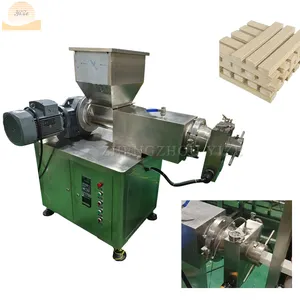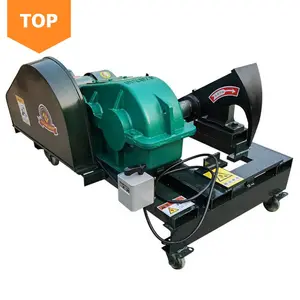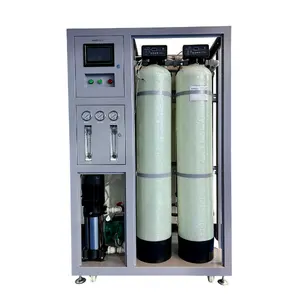Popular in your industry






























































Related Searches:














































































































































Top categories
About electrical system of tractor
Introduction to the Electrical System of Tractor
The electrical system of a tractor is a crucial component that powers various electrical functions within the vehicle. It encompasses the battery, alternator, starter motor, wiring, and other electrical components that ensure the proper functioning of the tractor. A reliable electrical system is essential for starting the engine, powering lights, operating implements, and other electrical accessories.
Technical Specifications and Design
In a typical electrical system of a tractor, the battery provides the initial power to start the engine, while the alternator generates electricity to recharge the battery and power the electrical components when the engine is running. The starter motor is responsible for initiating the engine's rotation. The wiring acts as the conduit for electricity flow throughout the system, ensuring all components receive power efficiently.
Modern tractors often feature advanced electrical systems with electronic components that enhance performance and efficiency. These systems are designed to withstand the rigors of agricultural operations, including exposure to dust, moisture, and vibrations.
Electrical System in Tractor Applications
The electrical system in a tractor is integral to various applications in agriculture, construction, and other industries where tractors are used. It enables operators to start the engine with ease, power lights for night operations, operate implements such as plows and mowers, and engage in precision farming practices that rely on electrical sensors and controls.
Efficient electrical systems in tractors contribute to overall productivity by reducing downtime due to electrical failures and ensuring smooth operation of critical functions.
Advantages of a Reliable Electrical System
A reliable electrical system of a tractor offers several advantages to operators and businesses. A well-maintained system ensures prompt engine starts, consistent power supply to essential components, and optimal performance of electrical accessories. This reliability translates to increased efficiency, reduced maintenance costs, and enhanced safety during operation.
Moreover, modern electrical systems in tractors are designed with safety features to prevent electrical malfunctions that could pose risks to operators or damage the vehicle.
Choosing the Right Electrical System for Tractors
When selecting an electrical system for a tractor, it is essential to consider factors such as the vehicle's power requirements, compatibility with existing components, ease of maintenance, and reliability. Manufacturers offer a range of electrical system options tailored to different tractor models and applications, ensuring buyers can find a system that meets their specific needs.
Additionally, buyers can opt for advanced electrical systems that incorporate smart technologies for enhanced performance, diagnostics, and efficiency.
Maintenance and Troubleshooting
Maintaining the electrical system of a tractor is critical to ensuring its longevity and performance. Regular inspections of the battery, wiring, and connections can help identify potential issues before they escalate. Keeping the electrical components clean and free of debris, as well as following manufacturer-recommended maintenance schedules, can prevent unexpected failures and downtime.
In case of electrical system malfunctions, troubleshooting techniques such as voltage testing, continuity checks, and component inspections can help diagnose and resolve issues efficiently, minimizing disruptions to operations.
























































